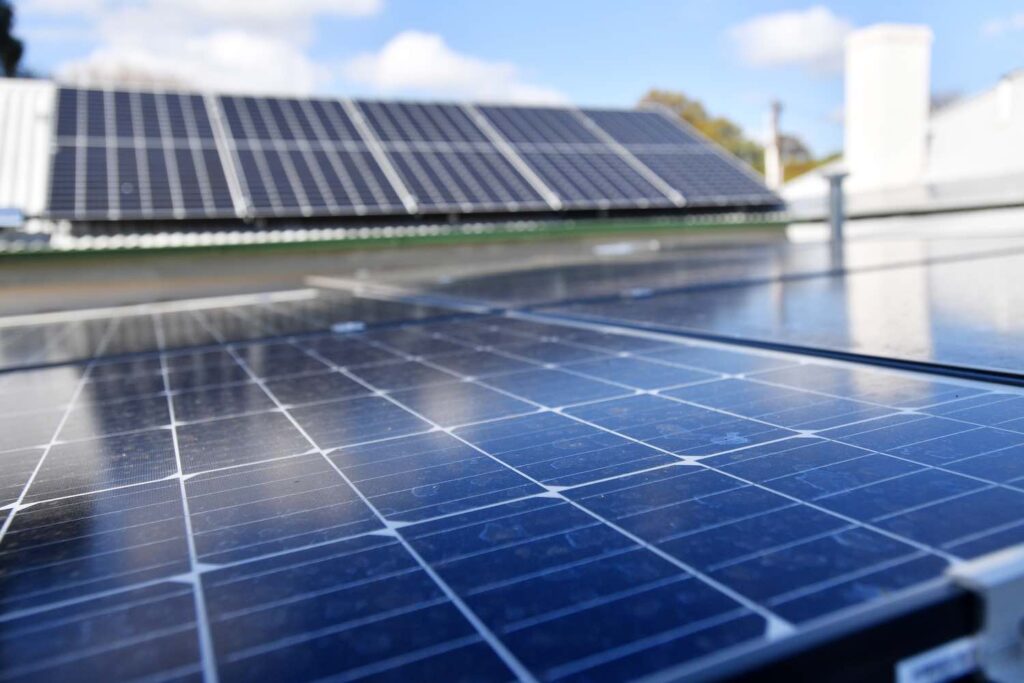
UPDATE: Australia is on the brink of a significant breakthrough in tackling its growing electronic waste crisis from aging solar panels. A new study reveals a plan to recycle rather than dispose of these panels through a proposed certification process and digital passports that could breathe new life into old technology.
The alarming forecast from the Australian Energy Council indicates that by 2025, approximately 280,000 tonnes of solar panels may reach the end of their useful life. This surge in waste coincides with a record increase in rooftop solar adoption across the country, with over 4 million Australian households now equipped with solar installations.
Researchers at the University of South Australia published their findings in the Sustainability journal, analyzing over 63 publications on solar panel reuse. The study emphasizes that while recycling is beneficial, it generates higher emissions due to the energy required for material processing. By reusing solar panels, Australia could significantly cut emissions, extending their lifespan and reducing the need for new manufacturing.
However, barriers remain. Ishika Chhillar, a PhD student at the University, noted that low solar technology prices, insufficient government incentives, and limited testing access hinder large-scale reuse. “The large scale reuse of PV panels faces technical, economic, and regulatory barriers,” Chhillar stated.
The proposed solution includes a system where decommissioned panels receive digital passports, allowing for necessary repairs or refurbishments. Panels would be categorized with gold, silver, or bronze certifications based on efficiency. For instance, bronze-rated panels with less than 60% efficiency would be recycled, while gold and silver panels could be redeployed for household or community use.
Chhillar explained that a national testing and rating process could save money and reduce environmental waste. “Currently, the lack of any standard certification for used panels means buyers and installers have little to rely on besides a seller’s word,” she remarked. “An official certification process would change that.”
With this framework, certification can transform reused panels from a risky option into a transparent and standardized product category. Co-author Assoc Prof Sukhbir Sandhu emphasized that recording past usage in digital passports would boost user confidence, likening it to established practices in other electronics sectors.
As Australia grapples with its electronic waste dilemma, the implementation of digital passports could be a game-changer, merging sustainability with technological innovation. The urgency of these developments cannot be overstated, as the nation seeks to balance environmental concerns with its growing reliance on solar energy.
The outcomes of the study present a critical opportunity for industry, government, and consumers to collaborate and overcome existing barriers. As Australia moves forward, the emphasis on reusing rather than recycling could set a precedent for countries worldwide facing similar challenges.
Stay tuned for more updates on this developing story that holds the potential to reshape Australia’s approach to solar energy and electronic waste management.






